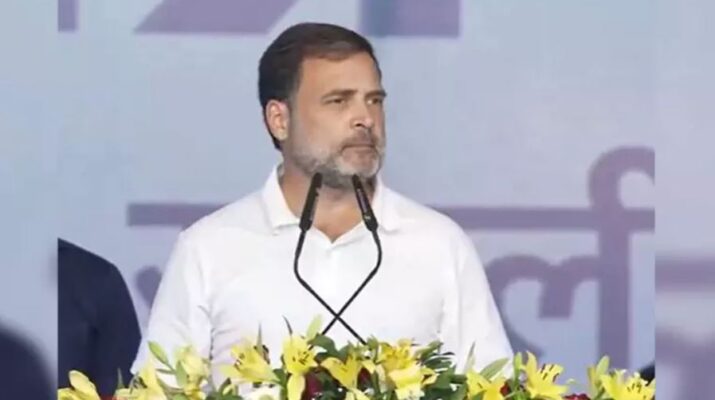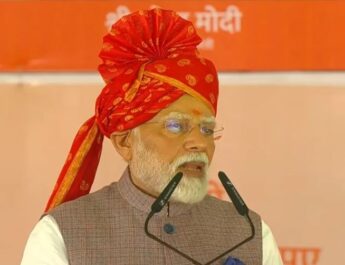Opposition alleges ‘match-fixing’ in LS polls
Congress leader Rahul Gandhi accused Prime Minister Narendra Modi of “match-fixing” in the Lok Sabha elections by allegedly using central law enforcement agencies. Former Chief Election Commissioners expressed concerns that recent actions by the Income Tax Department and Enforcement Directorate against opposition parties and their leaders could disturb the fairness of the electoral playing field. The Congress revealed it received fresh I-T Department notices for 2014-2015 and 2016-2017, totaling a tax demand of Rs 1,745 crore, in addition to earlier demands for 1994-1995 and 2017-2018, bringing the total to Rs 3,567 crore. The I-T Department also debited Rs 135 crore from the Congress’s bank accounts for past dues.
Former Election Commission heads warned that such actions
Former Election Commission heads, including two who spoke anonymously, warned that such actions could impede free and fair elections. They suggested that the Election Commission should engage with the concerned agencies to understand why tax demands and notices couldn’t be postponed until after the elections. A former CEC, requesting anonymity, highlighted the need for ensuring a level playing field during elections. He emphasized that the Model Code of Conduct aims to provide fairness to all participants. With ongoing tax actions against the main opposition party, freezing accounts, and debiting funds during campaigning, the Commission should inquire with the CBDT about the necessity for immediate action. This dialogue could be facilitated through a meeting between the Commission and CBDT. Additionally, the ED has taken actions against Opposition leaders recently, conducting searches, issuing summonses, and making arrests in various cases, including high-profile arrests like Delhi Chief Minister Arvind Kejriwal and BRS leader K Kavitha.
Former CECs: ‘I-T, ED actions can disrupt level playing field’
The former CEC emphasized that summoning leaders by the ED during crucial campaign periods disrupts the level playing field. He questioned whether the I-T Department and ED could not postpone their actions for a couple of months if they didn’t pertain to national security. Another former CEC, also preferring anonymity, acknowledged the complexity of the situation and the challenges faced by the Election Commission. He raised concerns about political parties’ ability to contest elections when their financial access is restricted, impacting fairness. The Commission, acting as an umpire, may need to engage in discussions or meetings with central agencies to urge them to delay actions like raids, freezing accounts, and tax demands until after the elections to ensure a fair electoral environment.
During the 2019 Lok Sabha elections, the Election Commission intervened and instructed the ED to maintain neutrality and impartiality following allegations by opposition parties of central agencies being used against them. The Commission’s advisory emphasized the need for all enforcement actions during the election period to be conducted neutrally, impartially, and without discrimination, even if carried out rigorously to address electoral malpractices.




